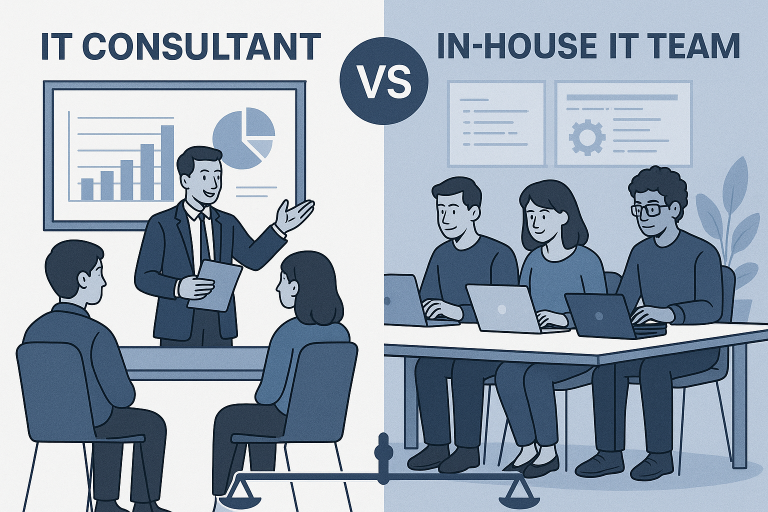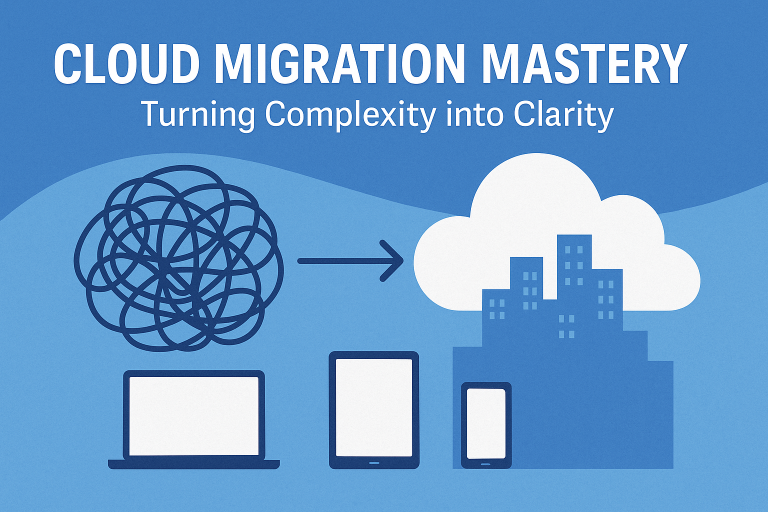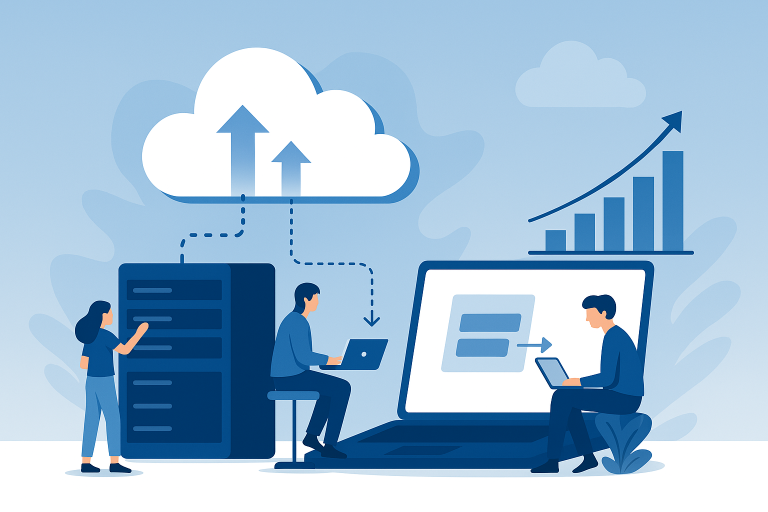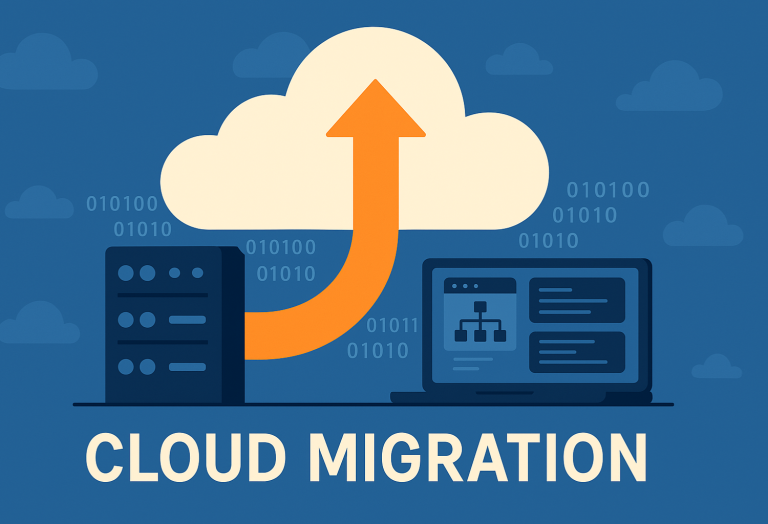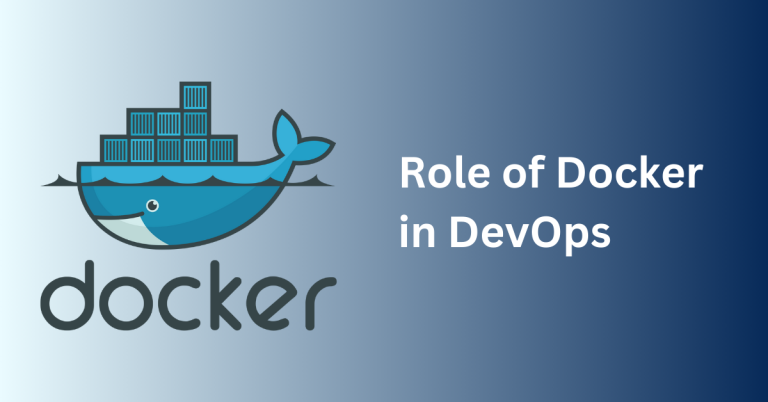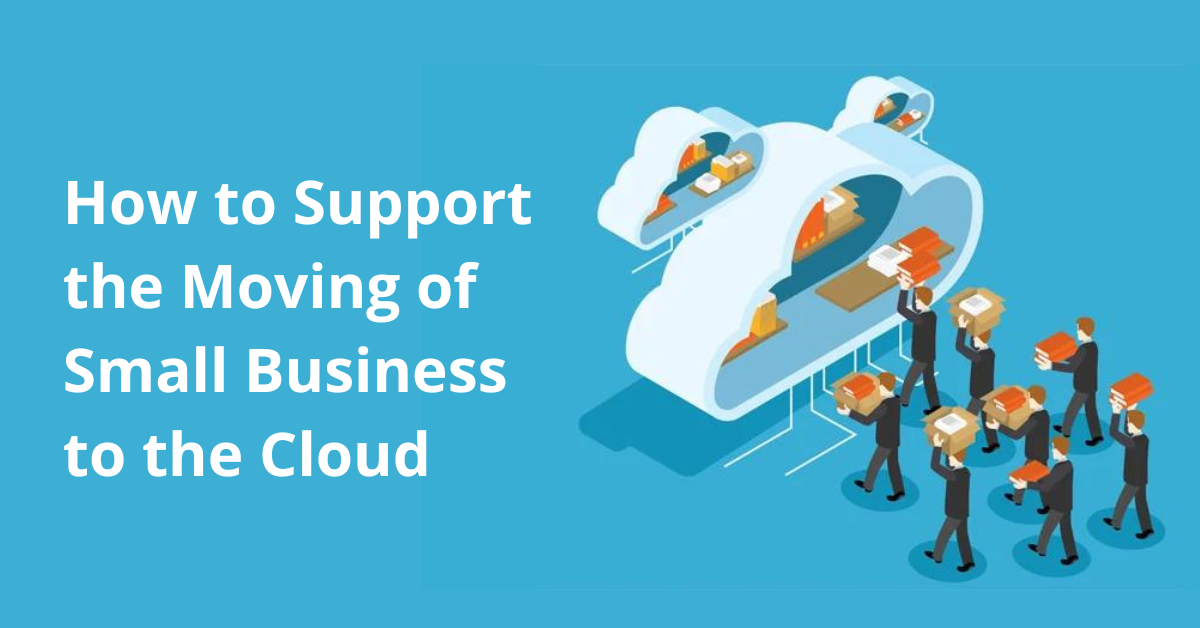
Moving to the cloud has become essential for small businesses aiming to embrace digital platforms and cutting-edge technologies. In fact, several small organizations and startups are actively pursuing cloud migration to leverage the benefits of cloud computing services. However, when considering cloud migration, businesses must address multiple factors to ensure a successful transition. Therefore, here are the critical considerations to keep in mind before making the move.
- Choose the most appropriate cloud model.
- Make a list of your must-haves in your new cloud environment.
- Be purposeful with your budget.
- Consider how cloud computing provides flexibility.
- Make a proper plan for your cloud migration before moving your workload onto the cloud.
For most small organizations, it can be challenging to properly plan the migration and manage the whole process independently. Therefore, it is beneficial for most small and medium-sized enterprises (SMEs) to outsource support services for a successful migration.
Organizations of all sizes find that partnering with a managed service provider (MSP) is crucial for successful cloud migration and achieving business goals. Consequently, let’s explore how an MSP can effectively support their clients throughout the cloud migration process.
Skill and Experience
For most SMEs, it is difficult to recruit an efficient team for tech support. They might have a budget crunch stopping them from having the required expertise in-house. But recruiting MSPs can support SMEs during and after cloud migration.
Reputable managed cloud service firms have certified cloud experts to guide clients in choosing the best cloud model for their needs.
Partnering with an MSP provides them easy access to cloud migration-specific expertise to help them throughout their cloud journey. MSP experts develop tailored migration plans by assessing clients’ business goals, resources, and existing technology.
MSP experts stay updated on cloud technology advancements to support a variety of customers. So, the client companies can enjoy the advantage of their knowledge, experience, and expertise.
An MSP streamlines deployment, guides migration, and offers tech support, allowing clients to focus on their core business.
Cybersecurity
Cybersecurity is a huge concern for SMEs when moving to the cloud. Cybercrimes are becoming increasingly sophisticated with the advancement of technology. Partnering with an MSP means appointing an efficient professional to ensure cybersecurity and data protection.
Securing business data during migration requires a multi-layered approach. Moreover, public cloud companies typically follow a shared responsibility model for security, which many clients struggle to understand. In this context, an MSP can assist clients in implementing necessary security measures. Additionally, most MSPs employ skilled cybersecurity experts who provide optimal cybersecurity solutions.
Application Modernization
Moving to the cloud is not just a one-step process. A company can use several applications, some of which may not run on the cloud platform. So, they need to either look for an alternative or find a similar application with a better outcome on the cloud itself. In short, SMEs may need to modernize their organization’s data platforms or applications. It becomes vital to look for a suitable solution per business-specific needs.
One can take full advantage of a public cloud means refactoring their application from monolithic to microservices. Or they can use a simple lift and shift approach. But it is not a simple task to take the right decision for every application. And an MSP can provide that skilled and knowledgeable support to an SME.
An MSP can help their clients in application modernization by providing access to CI/CD pipelines and fast access to business insights with a scalable, facilitating serverless computing and high-performance IT infrastructure.
Flexibility and Scalability
An efficiently managed IT services partner first understands their client’s requirements, and based on that, they can suggest a suitable cloud migration plan and needed solutions. Sometimes, they may suggest a hybrid solution that works best for their client organization and meets their industry’s compliance and regulatory requirements.
Along with infrastructure support, an MSP can help their client to select the correct application according to the business and industry needs. MSPs know best which application can benefit their client to provide better service to their end users with an enhanced experience. An MSP can also suggest standardized, tested processes suitable for organizations to achieve the desired goal.
Backups, Recovery and Business Continuity
Besides cybersecurity, data backups and an efficient recovery plan are also vital for SMEs for business continuity. An MSP can suggest efficient solutions engineered to protect the integrity of its client’s business data. With a managed service partner, SMEs don’t have to build or maintain their own on-site or off-site data backup facility.
For SMEs, their managed service partner takes responsibility for backups and ensures speedy recovery in case of unplanned downtime. Suppose an accident happens and the primary site of the SME faces interruptions or a security attack or system failure occurs. In that case, MSP ensures they have an up-to-date backup system to restore and recover their data and applications as needed.
An ideal MSP partner can support the moving of SMEs to the cloud in multiple ways. Along with proper planning, application modernization, and data backup, an MSP also helps to deal with business priorities and compliance needs, and many other steps of the way.
Cloud Migration with an MSP
Partnering with a cloud-managed service provider to move a business to the cloud means having access to the skills and expertise of professionals who know how to design a migration, monitor the whole transition, and manage and secure the organization’s IT infrastructure in a cloud environment.
An MSP is a suitable choice for SMEs to make the right migration plan and deploy that to complete the journey smoothly. Whether a public cloud, managed hosting (virtual or private cloud) or a hybrid cloud solution — a suitable cloud-managed service partner will make your every move safe and successful based on their professional knowledge and tech efficiency.
Conclusion
A managed IT services provider helps their client companies to maximize their performance without bothering about security, application modernization, IT infrastructure management, and staff training. Their experienced experts support client organizations wherever they might be on their cloud journey.
